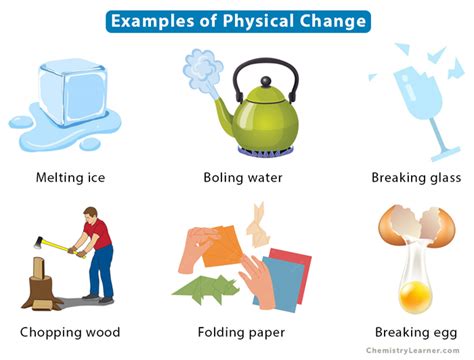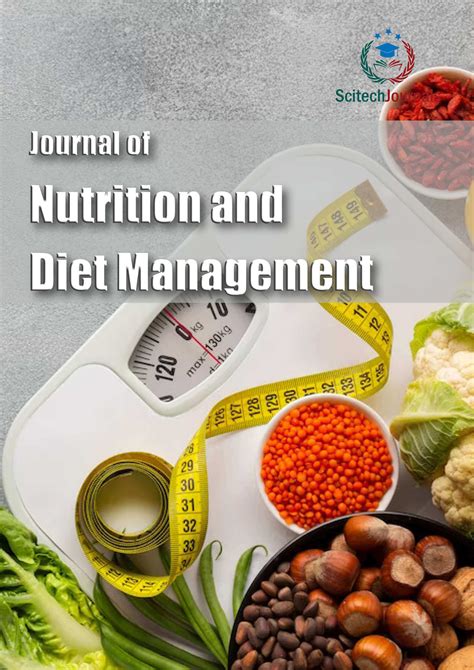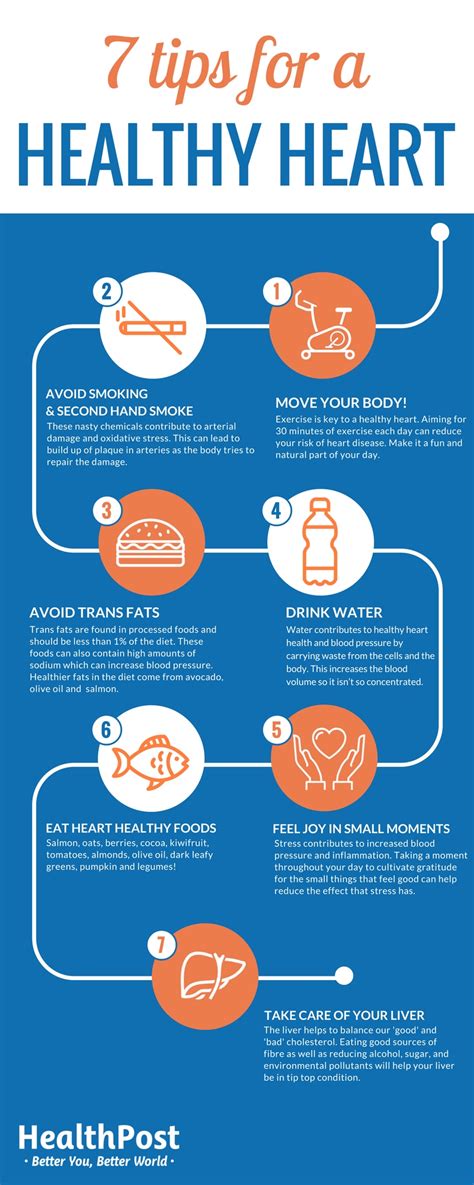Intro
Discover 7 essential tips for a healthy 28 weeks pregnant journey, covering pregnancy symptoms, fetal development, and self-care routines to ensure a smooth third trimester, including nutrition advice and stress management techniques.
As you reach the 28th week of your pregnancy, you're likely to experience a mix of emotions - excitement, anxiety, and anticipation. This period is crucial, and it's essential to stay informed about what to expect and how to navigate the challenges that come with it. At 28 weeks pregnant, you're almost at the end of your second trimester, and your baby is growing rapidly. In this article, we'll delve into the world of pregnancy at 28 weeks, exploring the physical and emotional changes you may experience, and providing you with valuable tips to ensure a healthy and happy pregnancy.
Your baby is now about 15 inches long and weighs around 2.2 pounds. Their skin is starting to thicken, and fat layers are forming, which will help regulate their body temperature after birth. Your little one's senses are also developing, and they can now detect light, sound, and even taste. As you approach the final stretch of your pregnancy, it's crucial to prioritize your health and well-being. In the following sections, we'll discuss the importance of prenatal care, nutrition, and self-care, as well as provide you with practical tips to manage common pregnancy symptoms.
Physical Changes at 28 Weeks Pregnant

Back Pain and Discomfort
Back pain is a common complaint during pregnancy, especially in the second and third trimesters. As your uterus expands, it can put pressure on your back muscles, leading to discomfort and pain. To manage back pain, try practicing good posture, taking regular breaks to stretch, and using a supportive pillow or mattress. You can also consider wearing a belly band or maternity support belt to help alleviate pressure on your back.Nutrition and Diet at 28 Weeks Pregnant

Essential Nutrients for Pregnancy
There are several essential nutrients that are critical for fetal development, including: * Folic acid: crucial for preventing birth defects of the brain and spine * Iron: essential for the production of red blood cells * Calcium: necessary for bone growth and development * Protein: important for fetal growth and development * Omega-3 fatty acids: support fetal brain and eye developmentPrenatal Care at 28 Weeks Pregnant

Preparing for Childbirth and Parenting
As you approach the final stretch of your pregnancy, it's essential to start preparing for childbirth and parenting. Consider taking a childbirth education class, reading books or online resources, and joining a support group for expectant parents. You can also start thinking about your birth plan, including your preferences for pain management, labor positioning, and newborn care.Self-Care and Stress Management at 28 Weeks Pregnant

Building a Support Network
Having a strong support network is crucial during pregnancy and parenthood. Consider building a network of friends, family, and fellow expectant parents who can provide emotional support, advice, and encouragement. You can also join online communities or forums for expectant parents to connect with others who are going through similar experiences.7 Tips for a Healthy and Happy Pregnancy at 28 Weeks

What are the most common symptoms at 28 weeks pregnant?
+At 28 weeks pregnant, common symptoms include back pain, swelling in the feet and ankles, and fatigue. You may also experience changes in your skin, hair, and nails, as well as an increase in blood volume.
How can I manage back pain during pregnancy?
+To manage back pain during pregnancy, try practicing good posture, taking regular breaks to stretch, and using a supportive pillow or mattress. You can also consider wearing a belly band or maternity support belt to help alleviate pressure on your back.
What are the essential nutrients for a healthy pregnancy?
+Essential nutrients for a healthy pregnancy include folic acid, iron, calcium, protein, and omega-3 fatty acids. These nutrients support fetal growth and development, as well as the health and well-being of the mother.
As you continue on your pregnancy journey, remember to prioritize your health and well-being. By staying informed, managing common symptoms, and building a strong support network, you can have a healthy and happy pregnancy. Don't hesitate to reach out to your healthcare provider or a trusted resource if you have any questions or concerns. Share your experiences and tips with fellow expectant parents, and join the conversation on social media using relevant hashtags. Together, we can support and empower each other to have a positive and fulfilling pregnancy experience.
